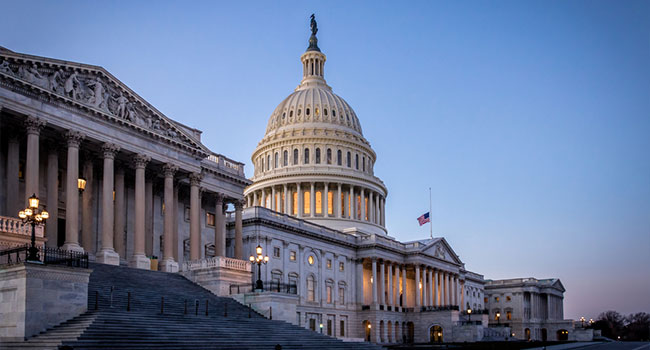
New Bill Would Require Federal Law Enforcement To Obtain Warrant Before Using Facial Recognition
The bipartisan legislation would prevent “abuse” of the surveillance tool by federal authorities, according to Sens. Chris Coons and Mike Lee.
- By Haley Samsel
- Nov 20, 2019
Following ongoing scrutiny of the use of facial recognition technology by police and the government, two senators have introduced a bill requiring federal law enforcement to obtain a warrant before using the software to conduct public surveillance.
Sens. Chris Coons (D-Delaware) and Mike Lee (R-Utah) introduced The Facial Recognition Technology Warrant Act on Nov. 14 as part of an effort to regulate how authorities can use the tool, which has been criticized as invasive and less accurate when identifying people of color and women.
In a statement, Coons and Lee said that facial recognition can be a valuable tool for police but could “violate the privacy of individual Americans” if used improperly. While introducing the bill, Lee said that Americans deserve protection from “facial recognition abuse.”
“Right now, there is a lack of uniformity when it comes to how, when, and where the federal government deploys facial recognition technology,” Coons said. “This bipartisan bill strikes the right balance by making sure law enforcement has the tools necessary to keep us safe while also protecting fundamental Fourth Amendment privacy rights.”
The legislation has already earned some industry support, including from the government affairs office at Microsoft. Security companies have urged regulation of facial recognition over outright bans like the ones that have been passed in cities like San Francisco and Oakland earlier this year. (The Security Industry Association has not yet released a statement about the new legislation).
“The bill provides clarity for law enforcement to be transparent about its use of facial recognition technology, both for human review when facial recognition is in use and testing for accuracy,” Fred Humphries, the corporate vice president of U.S. government affairs at Microsoft, said in a statement. “We’re grateful for the Senators’ leadership and are encouraged to see introduction of a new legal framework.”
Critics of facial recognition say the bill does not go far enough, including the ACLU, which has been behind major advocacy efforts to ban facial recognition. Neema Singh Guliani, the senior legislative counsel for the ACLU, told The Hill that the bill would still authorize the “invasive, persistent, and dystopian surveillance” of communities across the country.
“The bill falls woefully short of protecting people's privacy rights and is inconsistent with existing Supreme Court precedent,” Guliani said. “Congress should put brakes on this technology, not ineffective band-aids."
About the Author
Haley Samsel is an Associate Content Editor for the Infrastructure Solutions Group at 1105 Media.